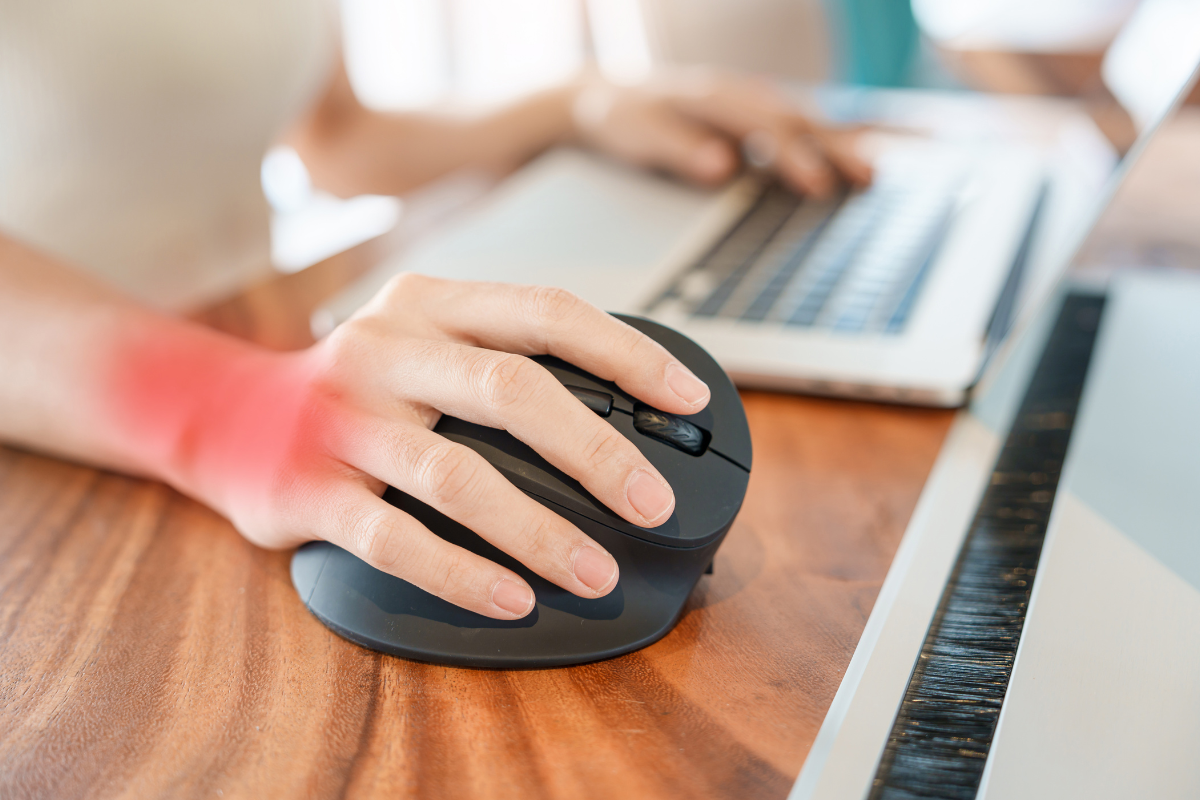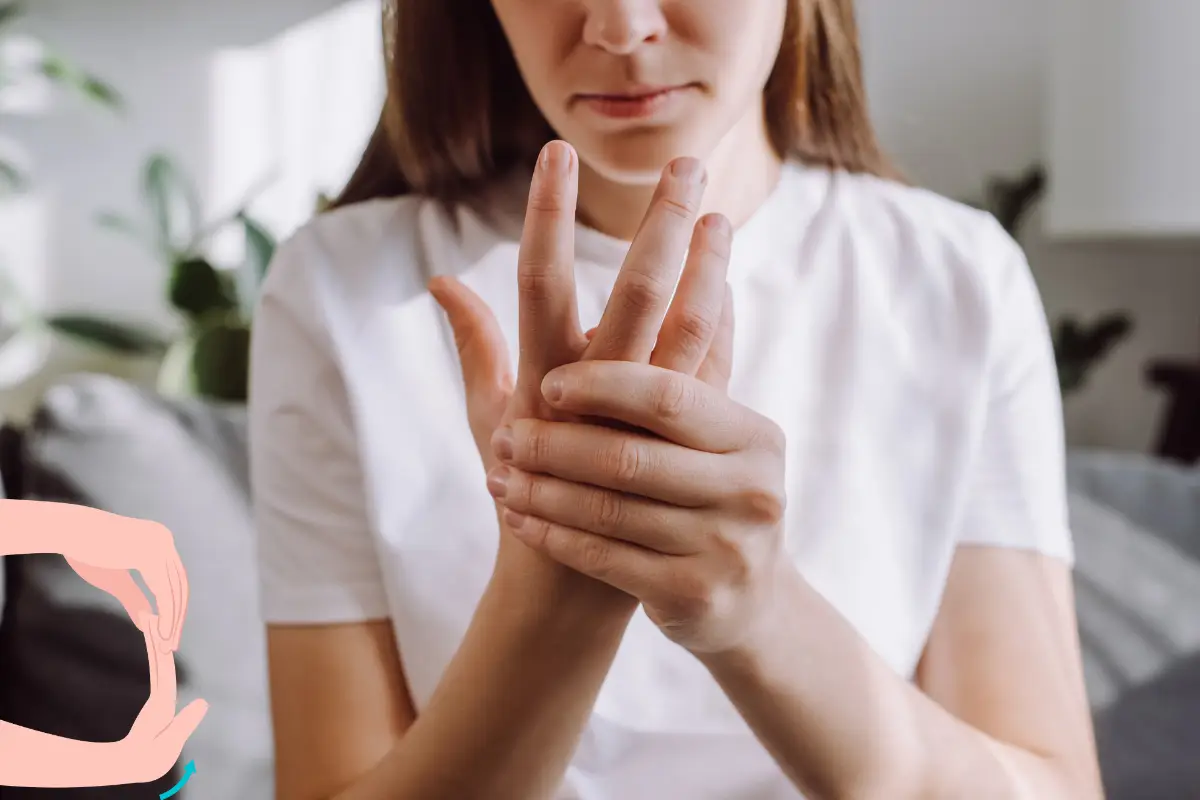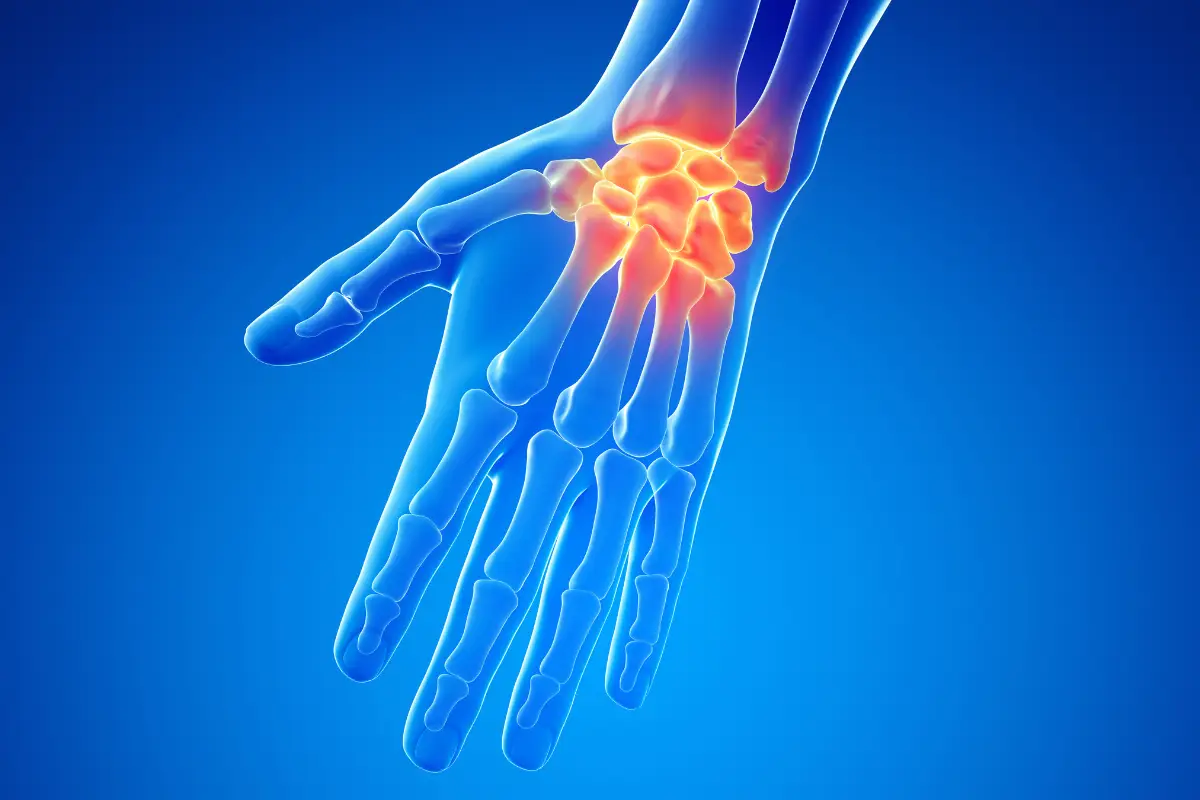- +91 75677 63301
- 24*7 Emergency Care
10 causes of weakness in hands & what to do about it
- Home
- /
- Hand Weakness
- /
- 10 causes of weakness...
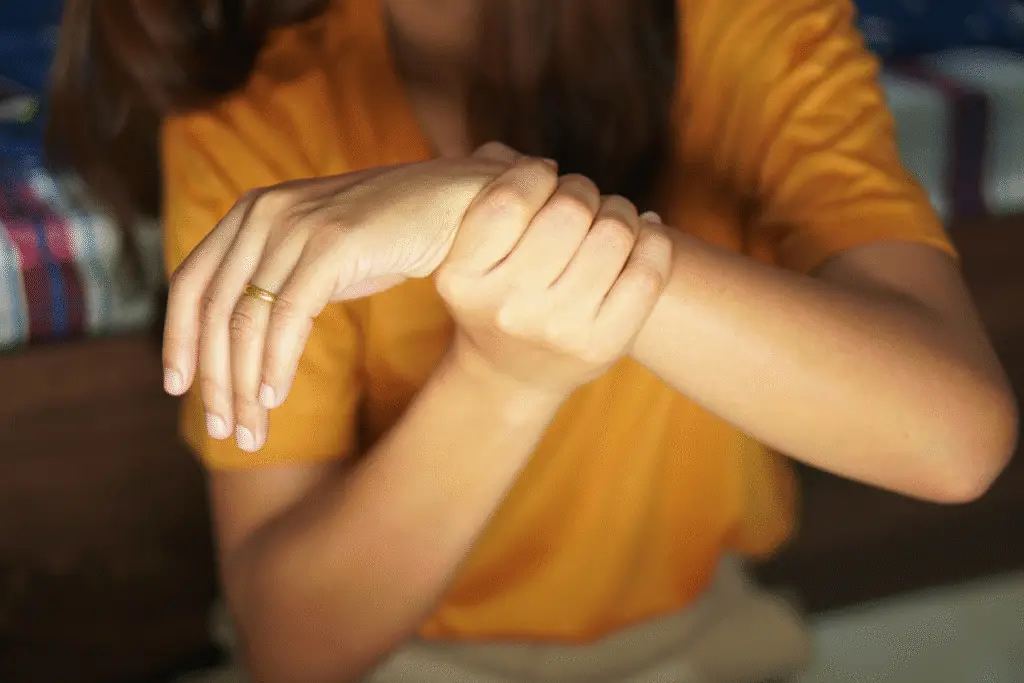
Weakness in your hands can make everyday activities more difficult—whether it’s holding a cup, typing, writing, or even buttoning a shirt. While it may seem like a minor inconvenience at first, hand weakness is often a sign of an underlying medical condition.
In this blog, we’ll explore 10 common causes of hand weakness and what you can do to manage or treat them effectively.
- Compressed nerves in the wrist (Carpal tunnel syndrome)
- Peripheral neuropathy
- Cervical radiculopathy (Nerve root compression in the neck)
- Tendon injury or rupture
- Arthritis (Rheumatoid or Osteoarthritis)
- De quervain’s tenosynovitis
- Trigger finger or Trigger thumb
- Muscle disorders (Myopathies)
- Stroke or Transient ischemic attack (Mini-stroke)
- Repetitive Strain Injury (RSI)
Table of Contents
ToggleCompressed nerves in the wrist (Carpal tunnel syndrome)
Cause: Carpal Tunnel Syndrome occurs when the median nerve, which runs through the wrist, becomes compressed due to repetitive movements, inflammation, or wrist positioning. This disrupts nerve signals and leads to muscle weakness in the hand.
What to do:
- Limit repetitive wrist activity.
- Use ergonomic wrist support.
- Apply cold compresses and take anti-inflammatory medications.
- In advanced cases, corticosteroid injections or surgery may be needed.
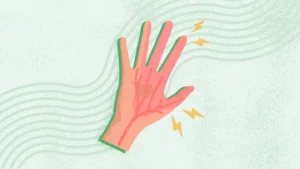
Cause: Peripheral neuropathy results from damage to the peripheral nerves, often due to diabetes, vitamin B12 deficiency, chronic alcohol use, or certain medications. This damage impairs nerve communication, causing weakness.
What to do:
- Manage underlying conditions like diabetes.
- Correct nutritional deficiencies.
- Take prescribed medications for nerve pain.
- Engage in physical therapy to maintain function.
Cervical radiculopathy (Nerve root compression in the neck)
Cause: Issues in the cervical spine, such as herniated discs or arthritis, can compress nerves that control the hands. This condition leads to radiating pain and weakness in the hands and arms.
What to do:
- Undergo imaging tests like an MRI.
- Try physical therapy or cervical traction.
- Use anti-inflammatory medication.
- Consider surgery if symptoms are severe and persistent.
Cause: Accidents, overuse, or sharp injuries can cause tendon rupture in the hand, making it difficult or impossible to move certain fingers or the wrist. This results in immediate and noticeable weakness.
What to do:
- Immobilize the hand and seek immediate medical care.
- Tendon repair surgery may be necessary.
- Follow up with rehabilitation exercises to restore movement.
Arthritis (Rheumatoid or Osteoarthritis)
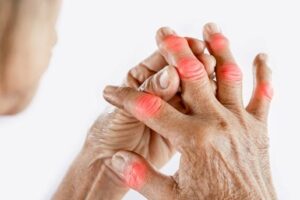
Cause: Rheumatoid arthritis causes the immune system to attack the joints, while osteoarthritis results from wear and tear. Both conditions can weaken hand muscles over time through joint damage and reduced use.
What to do:
- Use anti-inflammatory medications and disease-modifying drugs.
- Practice joint protection and use assistive devices.
- Engage in hand exercises under guidance.
- In severe cases, surgical intervention may be recommended.
Cause: This condition involves inflammation of the tendons around the base of the thumb due to repetitive hand movements such as lifting, gripping, or typing. It can lead to pain and reduced grip strength.
What to do:
- Use thumb splints for support.
- Avoid aggravating movements.
- Take anti-inflammatory medication or receive corticosteroid injections.
- Surgery may be required if the condition is chronic.
Trigger finger or Trigger thumb
Cause: Inflammation causes the flexor tendon to thicken or form nodules, making it difficult for the finger to move smoothly. Over time, this leads to a snapping motion or complete stiffness, affecting hand strength.
What to do:
- Try splinting and stretching exercises.
- Use anti-inflammatory medications.
- Consider corticosteroid injections.
- Opt for a minor surgical release if needed.
Muscle disorders (Myopathies)
Cause: Conditions like muscular dystrophy, polymyositis, or steroid-induced myopathy directly affect the muscle fibers, resulting in progressive hand and limb weakness.
What to do:
- Get evaluated by a neurologist and undergo blood tests.
- Start physical therapy and strength training early.
- Use medications as prescribed for underlying autoimmune causes.
- Regular monitoring to track disease progression.
Stroke or Transient ischemic attack (Mini-stroke)
Cause: A stroke or TIA can disrupt blood flow to brain areas controlling the hands, leading to sudden weakness or loss of movement.
What to do:
- Seek emergency medical help immediately.
- Undergo imaging and neurological evaluation.
- Begin rehabilitation therapy (physical, occupational) as soon as possible.
- Adopt long-term strategies to manage risk factors like high blood pressure or cholesterol.
Repetitive Strain Injury (RSI)
Cause: Prolonged and repetitive activities such as typing, playing instruments, or manual labor can cause strain on the muscles and tendons of the hand, resulting in gradual weakness.
What to do:
- Modify work habits and use ergonomic equipment.
- Take regular breaks and stretch.
- Apply ice and use braces if needed.
- Engage in strengthening and flexibility exercises.
Conclusion
Hand weakness should not be ignored—especially if it comes on suddenly, worsens over time, or interferes with daily tasks. Early diagnosis can prevent complications and improve recovery outcomes.
At Krisha Hand Hospital, Ahmedabad, we specialize in diagnosing and treating all conditions related to hand weakness—whether it’s nerve-related, muscular, or due to injury. Our team of expert hand surgeons and rehabilitation specialists can help you regain strength, mobility, and confidence.
Take control of your hand health today. Book a consultation with Krisha Hand Hospital and receive expert care tailored to your condition.
Author bio
Dr. Karn Maheshwari is the founder of Krisha Hand Hospital, Ahmedabad, established in 2016. He is the only fnb-qualified hand surgeon across Gujarat, Rajasthan, and Madhya Pradesh.
With MS and DNB in orthopedics, Dr. Maheshwari specializes in treating a wide range of hand and wrist conditions, including carpal tunnel syndrome, sports hand injuries, orthopedic hand surgery, ganglion cysts, mangled hand injuries, congenital hand differences, brachial plexus palsy, cerebral palsy & spastic hand, hand tendinopathy, hand microsurgery, hand swelling, hand transplants, hand reimplantation, rheumatoid hand deformities, and peripheral nerve injuries & compressive neuropathies.
Dr. Maheshwari’s unmatched expertise and patient-centric approach ensure world-class treatment, advanced surgical solutions, and optimal recovery for patients with complex hand and wrist conditions.
FAQs
The most common conditions include carpal tunnel syndrome, peripheral neuropathy, cervical radiculopathy, arthritis, and tendon injuries. These affect either the nerves, muscles, or joints involved in hand function.
Yes. Sudden hand weakness—especially if it affects one side of the body and is accompanied by facial drooping or speech difficulty—may indicate a stroke or transient ischemic attack (TIA) and requires immediate medical attention.
No. While many causes are nerve-related, hand weakness can also result from muscle disorders (myopathies), joint conditions like arthritis, or even repetitive strain injuries.
Yes. Hand-strengthening exercises, stretches, and physical therapy can significantly help, especially when weakness is due to inactivity, repetitive strain, or after recovery from injury. However, exercises should be guided by a medical professional.
You should consult a doctor if hand weakness:
- Is persistent or worsening.
- Appears suddenly without any obvious reason.
- Affects your ability to perform daily tasks.
- Is accompanied by pain, numbness, or tingling.
- Occurs after a fall or injury.
Doctors may use a combination of physical exams, nerve conduction studies, electromyography (EMG), blood tests, and imaging (X-ray, MRI) to diagnose the root cause of hand weakness.
Yes. Deficiencies in vitamins such as B12, D, and E can cause nerve damage or muscle weakness, which may manifest as weakness in the hands or other limbs.
In most cases, yes. Treatment depends on the underlying cause and may include medication, physical therapy, ergonomic modifications, or in some cases, surgery.


